
Mr. President, true democracy would take root in this troubled continent.
Like us, and many other countries in Africa, Kenyans have many challenges ranging from ethnic polarisation to having limited capacity to organise free and transparent elections. Granted, this particular presidential election has further exposed Kenya as having some of the worst “tribally divisive” politics in the world. Each candidate among the two forerunners, Raila Odinga and Uhuru Kenyatta, nearly got 100% of the votes from their tribe mates. For example at Siaya, a town in Nyanza Province located 74 kilometres Northwest of Kisumu (Odinga’s hometown), Odinga polled 99% of the valid votes cast! Likewise, Kenyatta polled over 98% of the votes cast in Kikuyu land (Nyandarua in Central Province, Kericho, Nakuru and Baringo in the Rift Valley Province etc.). This simply depicts a country still frozen in tribal politics.
Another challenge that the Kenyan election revealed was the inability by Africans to organise transparent and generally acceptable elections. Some of the electoral problems we often face in Africa are self-inflicted. Kenyans went to the polls on Monday, March 4 but the IEBC kept them waiting until Saturday March 9th when the results were announced! The official explanation by the authorities was that the electronic system that the IEBC was using to tally results broke down forcing the electoral body to resort to manual tallying. Remember this was an election held in an atmosphere of great tension owing to the 2007/08 post election violence.
The incumbency factor
One would want to ask, why is it always Africa where systems fail? These are some of the weaknesses usually exploited by “curriers of evil” to incite violence among the unsuspecting people. But the most important question I wanted to find an answer to was; why did Kenya remain calm this time round despite these challenges? What made people of Kenya to show levels of patience uncommon among them and Africans at large?
The answer to this partly lies in the absence, in Kenya this time, of Africa’s election constant — the incumbency factor. In many countries where violence has marred elections, the cause was usually incumbency. People have a feeling that incumbents compromise electoral bodies and election processes. When there is no incumbent vying for presidency people can be patient. Kenyan voters said they were willing to wait for as long as it takes because they trusted the IEBC. Of course they trusted their election body because on top of IEBC having been appointed transparently (the Chairperson and his commissioners were interviewed publicly), Kenyans knew that none of the candidates had the means to influence it. None of them was an incumbent president with the usual control over state machinery, especially the military and security agencies, to influence the process.
When Mzee Mwai Kibaki heeded the constitutional obligation and retired after serving his two terms, he opened the door for a new chapter in Kenya. Uganda squandered this very opportunity in 2005 when you, Mr. President, amended the 1995 constitution to open the way for your endless presidency. I don’t want to imagine what would have happened in Kenya had Kibaki been a candidate and the events we have witnessed, such as the delayed release of results, occurred. Definitely people would have suspected him to have masterminded the process to rig. Yet as we now know, it was purely technical challenges that caused the delay.
Mr President, like I have been writing in these very pages again and again, your continued failure to address this critical issue of political predictability in our country has left us worried. The greatest challenge to Uganda’s democracy now is the incumbency factor. Although Riker and Ordeshook, in their 1968 fascinating article “A Theory of the Calculus of Voting,” posit that voters punish incumbent politicians for bad performance by voting them out, evidence in Africa, or at least in Uganda, show this is very difficult.
Uganda’s false democracy
For some time now, I have written about our “false democracy”. I have asked several questions without getting answers. I asked, do the people of Uganda vote for the same reasons as voters in other democracies? Do Ugandan voters have interests that take them to the polling centres or are they voting just for purposes of fulfilling their responsibility and duty as citizens? I asked these questions before and after the 2006 and 2011 elections. I am still waiting for answers. Or I am the one asking the wrong questions?
Except for lawyers, no one would fancy carrying out an experiment whose results are already known. After witnessing several meaningless elections in the past, many Ugandan voters have entered into what Professor Arrow calls “the voting paradox”. Few Ugandans can trust an electoral process controlled by you, Mr President. We now believe that the probability that our votes can determine the outcome of the election has increasingly become insignificant when you continue to take charge of the electoral process. This is the jinx that Kenya has broken.
Mr. President, like I have written in these pages before, you have done enough to discredit presidential elections. Since 2001, you have been uttering statements and exhibiting actions to the effect that we shouldn’t waste our time voting against you. After the 2001 elections, during your swearing in at Kololo, you said a mere ballot paper cannot remove you from power. “Kano akapapula obupapula kajja omuntu mu buyinza?” you asked while waving a ballot paper.
After the 2006 elections which the Supreme Court confirmed you stole only that the judges could not agree whether what you stole was significant to warrant a nullification of the results, you were quoted in media saying, “I will never hand over power.” Another local daily quoted you in 2009 having said, “Niinye nahiigire enyamaishwa yangye nkagiita, mbwenu ngu ngyende, nzehi?” (It’s me who hunted and after killing the animal, they want me to go, where should I go?).
In the same year Gen. Kahinda Otafiire, the man you always cite as one of your most predictable and trustable colleagues assured us, “Our motto remains no change. We either win or they lose”. And just the other day you repeated your old assurance of never handing power over to “jokers”.
Ugandans need chance to accept results!
In the recent elections in Uganda, we have witnessed all forms of electoral fraud. From gerrymandering, to manipulation of demography (including “importing” a large number of mercenary voters), to disenfranchisement, to intimidation, to violence, to attacks on polling officials, to vote buying, to misinformation, to misleading or confusing ballot papers, to ballot stuffing, to ‘misrecording’ of votes, to destruction or invalidation of ballots.
But let me also say this: even where you don’t engage in electoral fraud, the fact that it is the incumbent in charge of the process, people understandably do not want to accept the results. When the results of Kenyan presidential elections started to come out I wrote this tweet to Charles Onyango Obbo, one of the legendary critics of African incumbents who poll 90% of the votes: “Kenyans can vote! In Siaya Odinga got 99% of the votes cast. Onyango Obbo would you like to analyse that? You used to fault Mubarak (former Egyptian President) for polling such percentages.”
Obbo replied, “Ramathan one can get even 100% as long as it is a truly free election. I think such margins though speak to a political aberration.” I went back to Obbo with another tweet, “Obbo, anyone but not Mubarak, (Zimbabwe’s Robert) Mugabe or (Yoweri) Museveni! May be we need to rethink our impossibility thesis.”
Of course Obbo and I were on the same page although we did not tell each other the sources of the problem. Kenya has given us evidence in support of Presidential term limits. People will always accept any results and electoral challenges, when none of the candidates is an incumbent! Obbo and other analysts know that even leaders such as Mugabe, Mubarak and Museveni can get 90% in an election without rigging, just like Odinga and Uhuru did. The problem? No one can trust you leaders who continue to behave as if life would stop without you as presidents. Mr. President, give Ugandans a chance in 2016 to accept election outcome, for the first time, by emulating Kibaki.

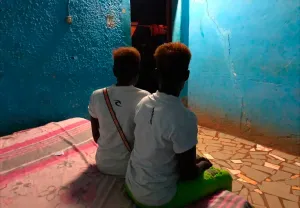
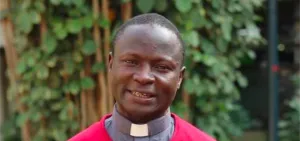
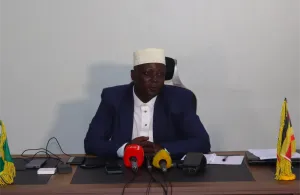
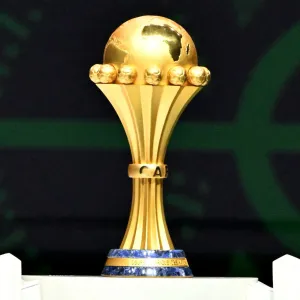
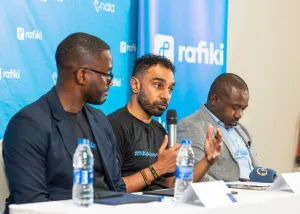
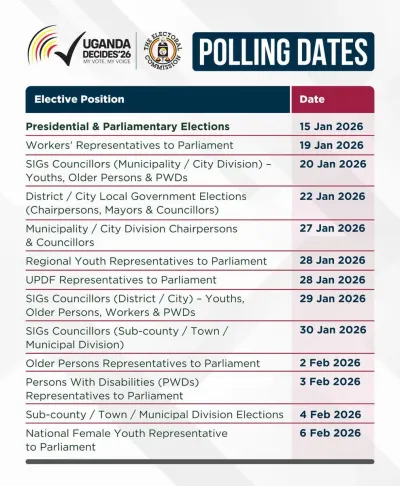





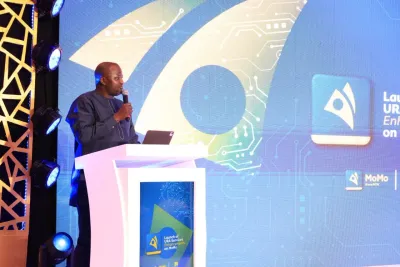

Ramathan Ggoobi
Ramathan Ggoobi is Policy Analyst, and Researcher. He lecturers economics at Makerere University Business School (MUBS) and has co-authored several studies on Uganda's economy. For the past ten years, he has published a weekly column 'Are You Listening Mr. President' in The Sunrise Newspaper, Uganda's Leading Weekly
Leave a Comment
Your email address will not be published.